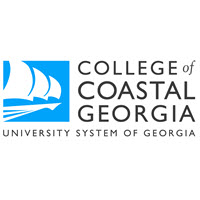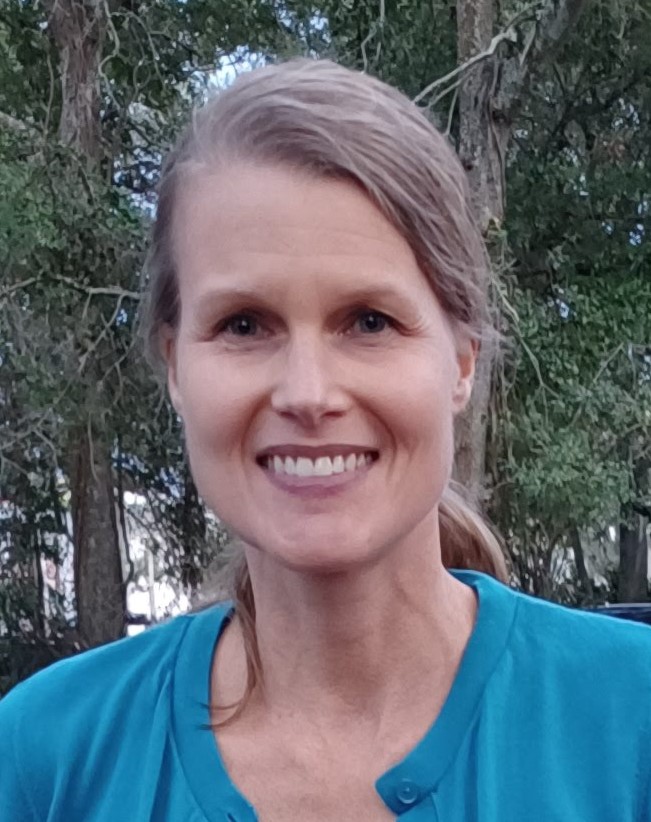Below is a summary of the abstract you submitted. Presenting author(s) is shown in bold.
If any changes need to be made, you can modify the abstract or change the authors.
You can also download a .docx version of this abstract.
If there are any problems, please email Dan at dar78@pitt.edu and he'll take care of them!
This abstract was last modified on May 20, 2024 at 2:57 p.m..

Since 2019, the College of Coastal Georgia in Brunswick, GA has been an institutional member of the SEA-PHAGES program. In those five years, we’ve taught four sections of discovery and five sections of bioinformatics, now called Going Viral I and Going Viral II, respectively. We’ve had the genomes of four phages sequenced and annotated five genomes. As a small, open-access PUI with limited resources, SEA-PHAGES has greatly enhanced our ability to engage students in authentic research. To date, we have had 84 students take the courses and currently have 14 registered for Going Viral I in the Fall 2024 semester. All 48 students who have completed Going Viral II have also presented independent research on a specific gene at our college’s annual research symposium. This poster presentation is a requirement for the course and a major portion of their grade. With this form of assessment, students must annotate a gene needing a more extensive literature/database search, gather evidence to support their decision and report to the rest of the class. This offers students a small portion of the annotation that is ‘theirs’, while still working collaboratively with their peers to annotate all other genes and come to a consensus with the rest of the class. The poster presentation further provides students with a chance to complete the scientific method with that critical component of sharing their work with a broader community. Their presentations also help promote the program and highlight our accomplishments to the rest of the college. We offer the Going Viral sequence as 3000-level elective courses at Coastal with Introductory Biology or Instructor Permission as the only prerequisites. Feedback on course evaluations is always positive, as both courses are CV-builders for our students and help to foster a sense of purpose and identity in their field of study. Several students have used their experience in SEA-PHAGES to continue other independent research and/or pursue graduate degrees after leaving Coastal.

